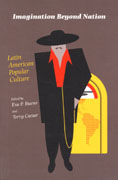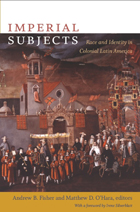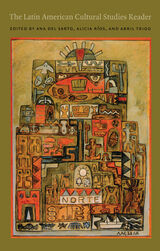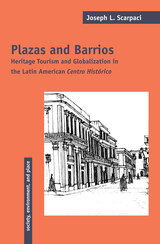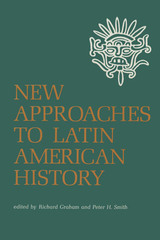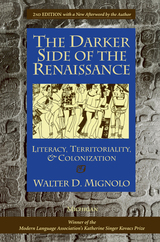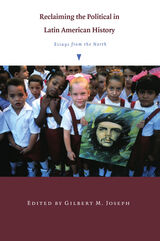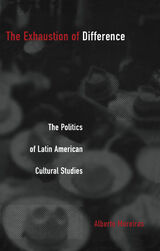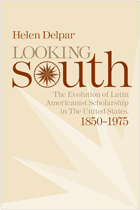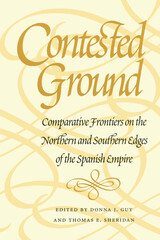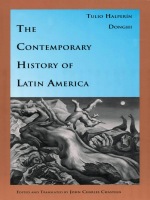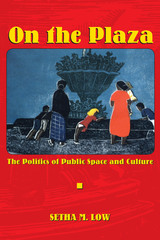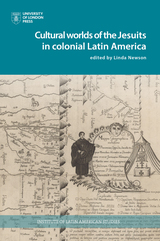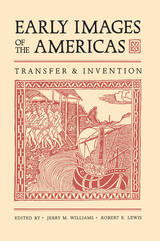Latinamericanism after 9/11
Duke University Press, 2011
Paper: 978-0-8223-5114-6 | Cloth: 978-0-8223-5100-9 | eISBN: 978-0-8223-9468-6
Library of Congress Classification F1409.9.B48 2011
Dewey Decimal Classification 980.04072
Paper: 978-0-8223-5114-6 | Cloth: 978-0-8223-5100-9 | eISBN: 978-0-8223-9468-6
Library of Congress Classification F1409.9.B48 2011
Dewey Decimal Classification 980.04072
ABOUT THIS BOOK | AUTHOR BIOGRAPHY | REVIEWS | TOC | REQUEST ACCESSIBLE FILE
ABOUT THIS BOOK
In Latinamericanism after 9/11, John Beverley explores Latinamericanist cultural theory in relation to new modes of political mobilization in Latin America. He contends that after 9/11, the hegemony of the United States and the neoliberal assumptions of the so-called Washington Consensus began to fade in Latin America. At the same time, the emergence in Latin America of new leftist governments—the marea rosada or “pink tide”—gathered momentum. Whatever its outcome, the marea rosada has shifted the grounds of Latinamericanist thinking in a significant way. Beverley proposes new paradigms better suited to Latin America’s reconfigured political landscape. In the process, he takes up matters such as Latin American postcolonial and cultural studies, the relation of deconstruction and Latinamericanism, the persistence of the national question and cultural nationalism in Latin America, the neoconservative turn in recent Latin American literary and cultural criticism, and the relation between subalternity and the state. Beverley’s perspective flows out of his involvement with the project of Latin American subaltern studies, but it also defines a position that is in some ways postsubalternist. He takes particular issue with recent calls for a “posthegemonic” politics.
See other books on: 1980- | 2001- | Afghan War, 2001- | Afghanistan | Beverley, John
See other titles from Duke University Press


